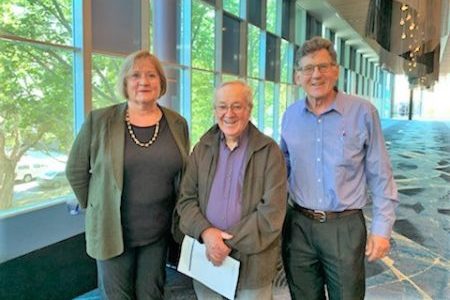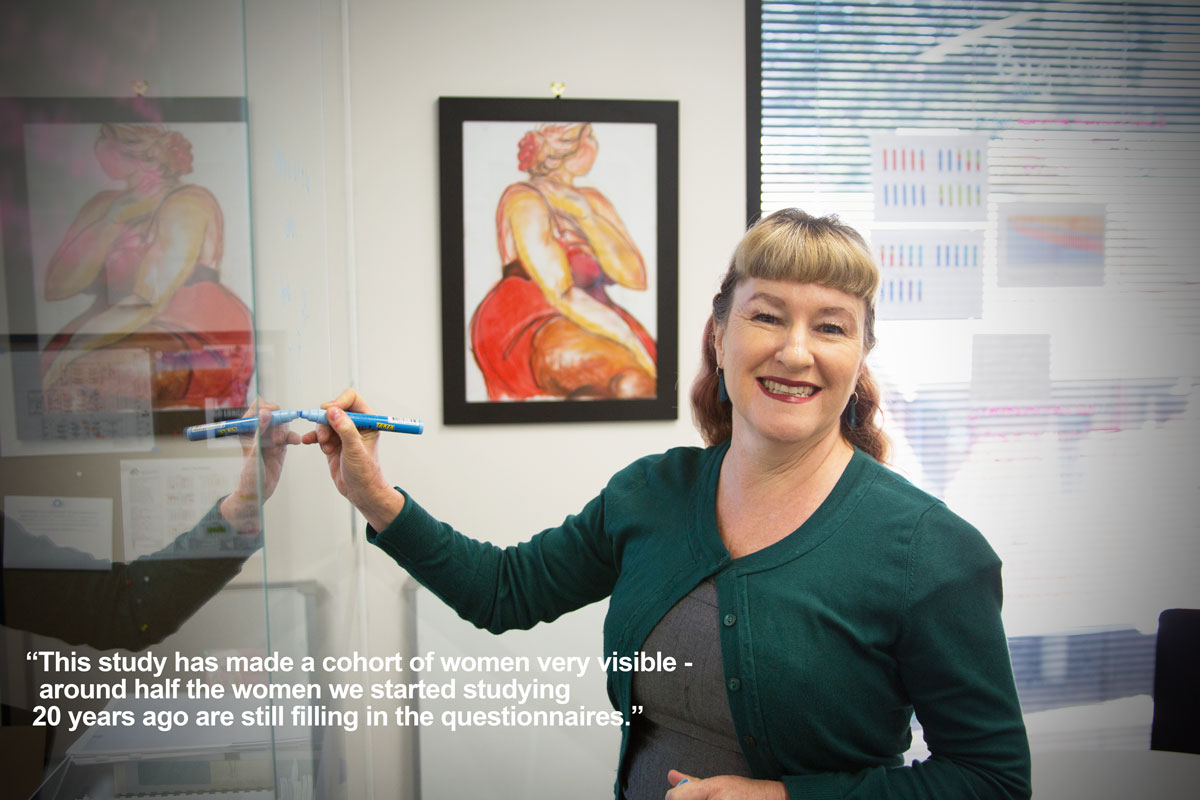Our Vision
Hunter Ageing Alliance (HAA) is a citizen-formed group that is asking Government, businesses and organisations to join them to better focus on the needs of older people.
Age-friendly communities mean that planning takes the needs of older people into account, recognising that older people have the same desire to remain physically, intellectually, and socially active as younger people. This requires environmental adaptation, appropriate housing at all levels of affordability, easy access to information about services and facilities for older people, protection from elder abuse, health care services appropriate to the needs of older people and support for socially isolated people to ensure their physical and psychological well-being.
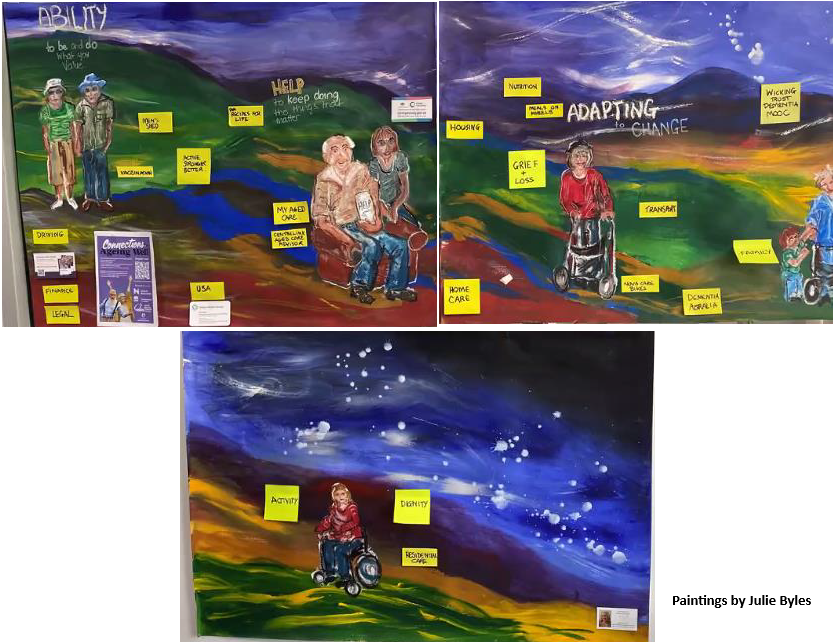
Our Strategic Direction
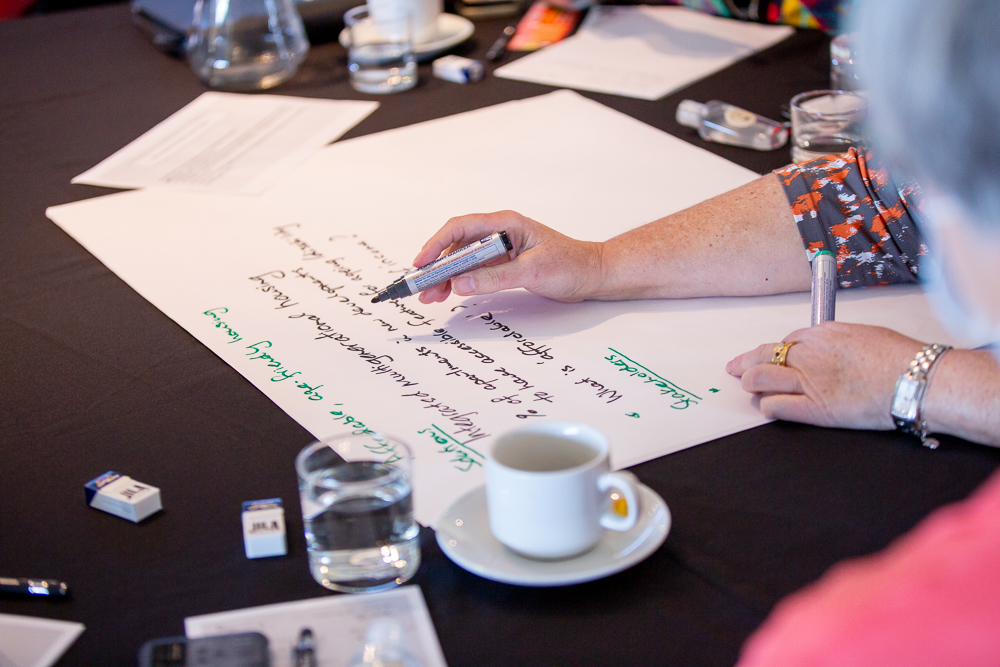
Environment
Public spaces, transport, and access for people with disabilities.
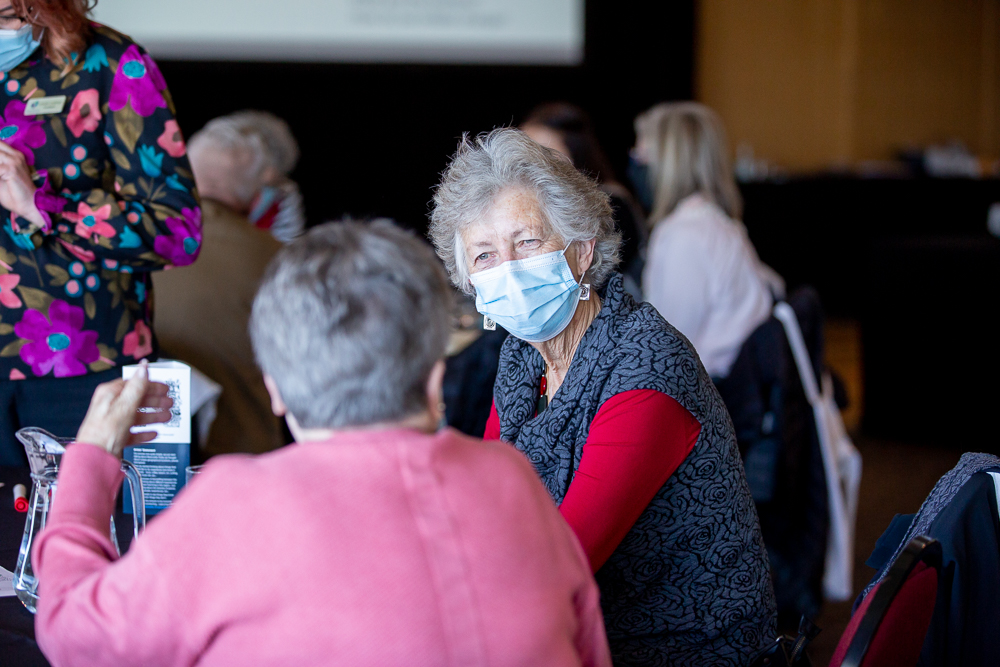
Health Services
Particularly the assessment and management of dementia and chronic diseases.

Housing
Social housing, communal housing, and emergency housing.
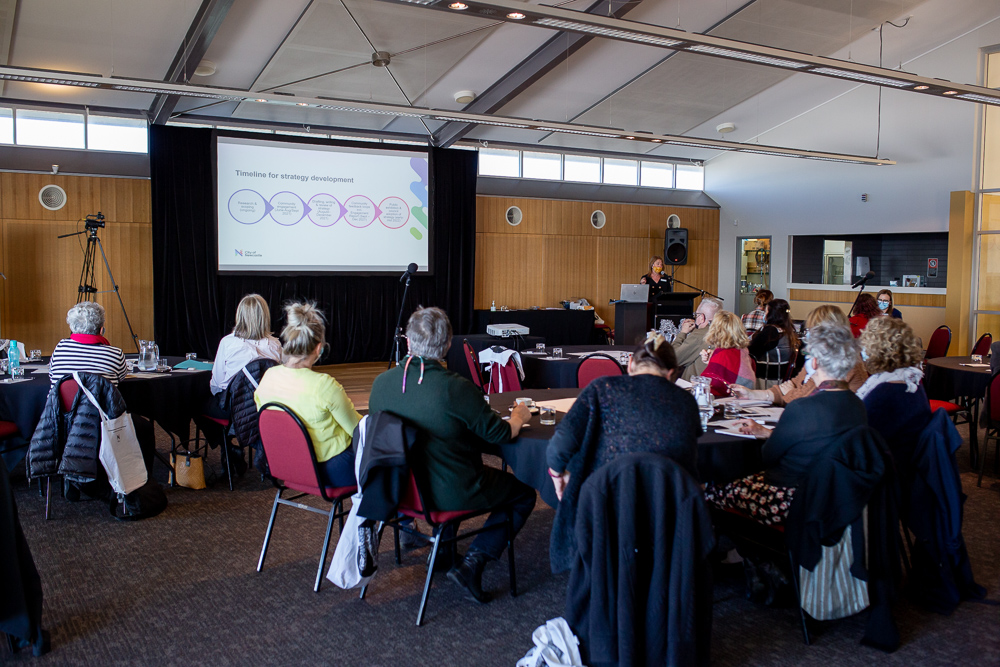
Social Isolation
Securely identify isolated older people and provide for their physical and psychological well-being.

Aged Care Services
Ageing and aged care services information – ensuring accessibility.
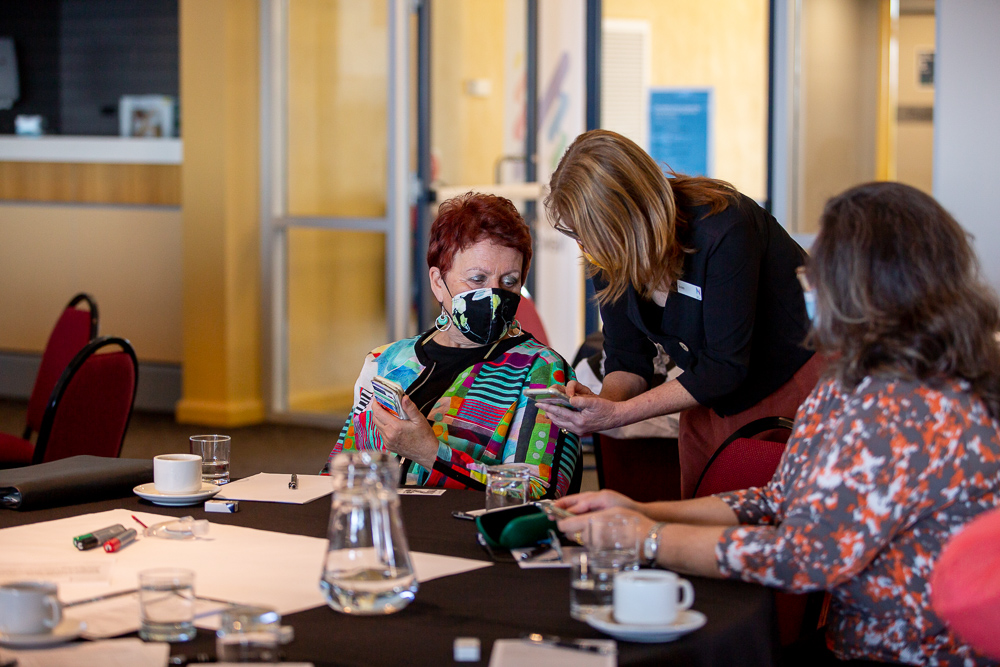
Elder Abuse
Awareness, assessment, and prevention.
Latest News
-

Hunter Ageing Alliance Contributes to National Review The Hunter Ageing Alliance (HAA) is proud to share that members of our Alliance contributed to the Review of the Medical Research Future Fund (MRFF) Dementia, Ageing and Aged Care Mission, published by the Australian Government Department of Health and Aged Care in August 2025. This national review… Read more
-

Experts in Residence
The Expert in Residence video series brings together passionate professionals, advocates, and community leaders to share practical insights and fresh ideas for supporting healthy ageing in our region. Each video highlights a different perspective or program that’s making a difference in the lives of older people—from innovative housing solutions and age-friendly services to social connection… Read more
-
Free Seminar: Falls & falls preventions for people living with mild cognitive impairment
Tuesday 17th December 202412.00 – 1.00pm AEDTOnline (Zoom) Presenter: Associate Professor Elissa Burton Click the link to register: https://us02web.zoom.us/meeting/register/tZctcO2qqDgqGtVYz8Mqn4DNkpIlgaXM-po5#/registration Read more
-
HAA Annual General Meeting featuring newly elected Lord Mayor, Dr. Ross Kerridge, as guest speaker
The Hunter Ageing Alliance is pleased to announce our Annual General Meeting, taking place on Friday, 1 November. This year’s AGM will unite members and stakeholders to reflect on our achievements and set ambitious priorities for the year ahead. We are especially honoured to welcome Newcastle’s newly elected Lord Mayor, Dr. Ross Kerridge, as our… Read more
-
Transform dementia care by working together
Are you looking to transform dementia care within your organisation? Dementia Australia’s Communities of Practice equip your team with the skills, knowledge and confidence to drive positive change. Designed and delivered by Dementia Australia, this fully funded program brings together like-minded professionals passionate about improving dementia care in their workplaces. In monthly interactive sessions, participants build relationships,… Read more
-

AAG Queensland Division PresentsAgeing well in the 21st century:Combatting Social Isolation and Fostering Connection
in collaboration with COTA QUEENSLAND Thursday, 31 October 2024 11:00 am to 12:00 pm AEST (QLD TIME) Free to register click link : https://www.aag.asn.au/EventDetail?EventKey=WEB241031 Despite all the ways we have to meet and connect, social isolation is one of the big challenges for ageing well in the 21st century.This exciting panel discussion will explore ideas,… Read more

